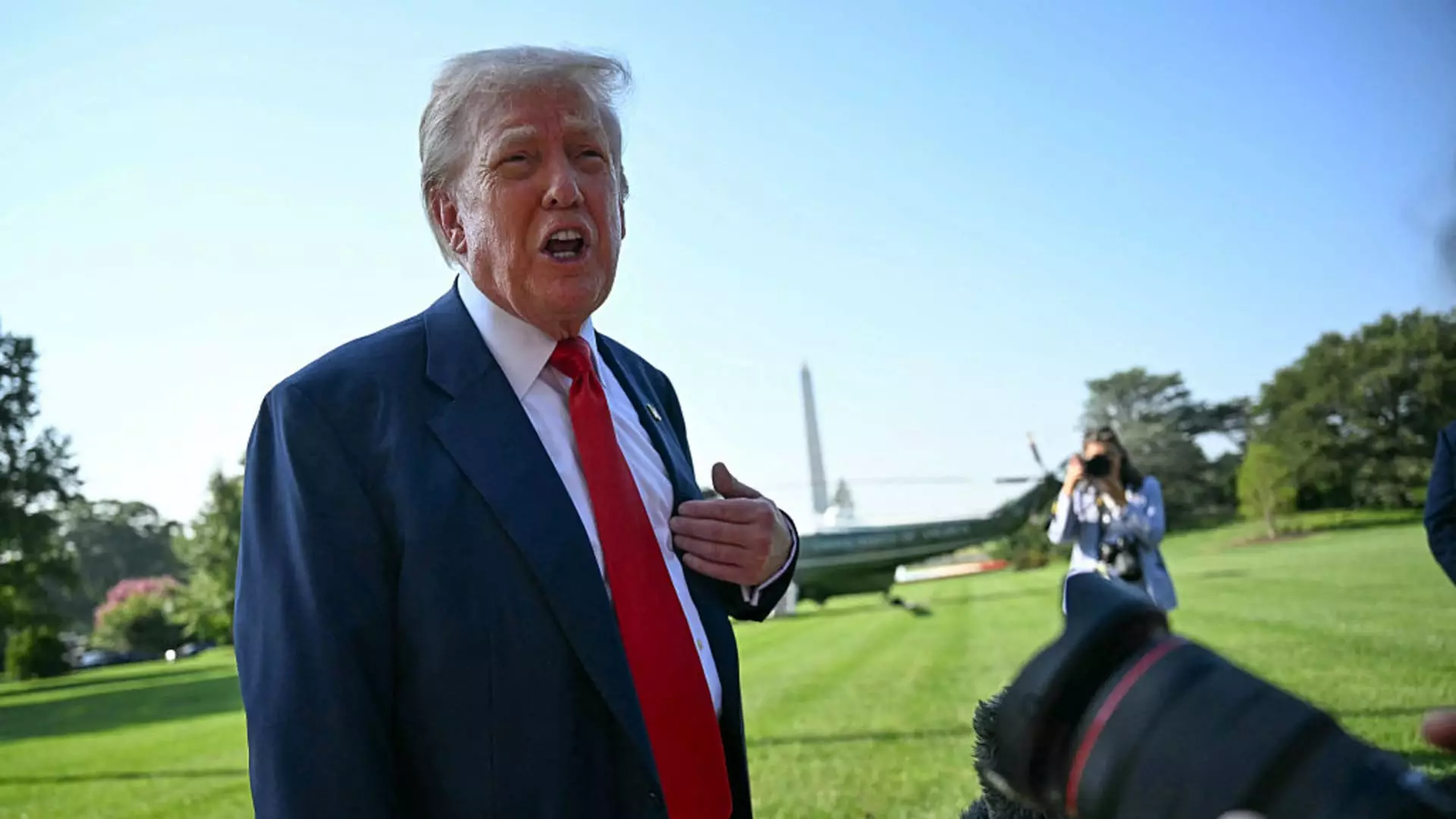In recent weeks, the conversation surrounding Ghislaine Maxwell and her connection to Jeffrey Epstein has been shaped heavily by political motives and media narratives that often deflect meaningful accountability. Despite mounting evidence and ongoing investigations, high-profile figures continue to deny any association, cleverly positioning themselves as victims of a smear campaign or misrepresented history. This strategic silence serves broader political interests, often aimed at preserving reputations and obfuscating the systemic failures that allowed Epstein to operate for years. Such denials, however, demand a critical lens—exposing their superficiality and revealing the uncomfortable truth about pervasive complicity in elite circles.
Many critics argue that allowing publicly sanctioned figures to dismiss connections with Epstein while simultaneously avoiding rigorous scrutiny is a betrayal of justice and a failure of accountability. While Donald Trump discreetly distances himself from Epstein, emphasizing others who had socialized with the convicted sex offender, he effectively shifts blame and avoids confronting his own possible ties or the larger implications of elite complicity. This tactic underscores a uncomfortable reality: denial remains a powerful shield for the wealthy and influential, shielding them from the consequences of their actions and perpetuating a cycle where accountability is reserved for the most powerless.
Revisiting Power Dynamics and Hidden Agendas
The investigations into Epstein and Maxwell expose the disturbing imbalance of power that characterizes many elite networks. Maxwell’s recent court appearances and her assertions of unfair treatment reveal her position as a scapegoat in a much larger, more insidious story. Her assertions, paid for and possibly manipulated, should not overshadow the broader inquiry into systemic abuse among the privileged classes. The fact that investigators like Deputy Attorney General Todd Blanche are meeting with Maxwell and her legal representatives suggests a targeted effort to elicit information on influential figures who may have evaded scrutiny for decades.
This ongoing legal process underscores the importance of holding power to account, regardless of their social standing. It reveals how the justice system can be manipulated or delayed when elite interests are at stake. Powerful individuals often have the resources to delay justice, manipulate public perceptions, or divert attention away from their involvement. Rather than simply dismissing Maxwell as a scapegoat, genuine inquiry must include the wider web of complicity—far beyond her person, touching institutions, corporations, and political figures.
The Myth of Clean Hands: Challenging the Narrative of Innocence
The prevalent narrative crafted by some political figures and media outlets attempts to paint Maxwell as simply a pawn or a marginalized client in a larger, more innocent universe. This perspective grossly oversimplifies the gravity of her actions and the systemic issues at play. Maxwell is not merely a minor figure caught in a web of circumstances; she played a substantial role in facilitating horrific crimes. The effort to portray her as a victim of unfair treatment, therefore, serves to distract from the hard truth: these acts of exploitation reflect a culture of unchecked privilege and impunity.
From a liberal-centered perspective, the emphasis must shift from dismissing Maxwell and Epstein as isolated incidents to examining the societal structures that allowed such abuse to flourish unchecked. While personal accountability is essential, ignoring institutional complicity or dismissing the broader societal failings only prolongs the cycle of abuse. Ethical governance and transparency are crucial in dismantling the kinds of immunity that shield the powerful and enable systematic exploitation.
Holding the Powerful Accountable — No One Is Above the Law
The ongoing proceedings, including the discussions on unsealing grand jury transcripts, are significant milestones toward accountability, yet they also highlight the persistent resistance from entrenched interests. The reluctance of authorities to release sensitive files suggests an underlying fear of exposing the true extent of corruption and collusion. To truly advance justice, transparency must be prioritized over political convenience. The narrative of Maxwell as an innocent or as unfairly persecuted needs to be challenged vigorously, questioning whether the current legal process is enough or merely a facade.
The investigation’s progress should serve as a reminder that no individual, regardless of their social standing or political connections, should be immune from justice. Ethical accountability, transparency, and public awareness are the only ways to confront the toxic legacy of these crimes. Dismissing Maxwell and Epstein as mere anomalies or blaming them solely on personal failings diminishes societal responsibility, where institutions and cultural norms have historically perpetuated these abuses. The fight for justice involves scrutinizing the entire societal framework that facilitated such crimes and ensuring that those with influence are held accountable—without exception.

